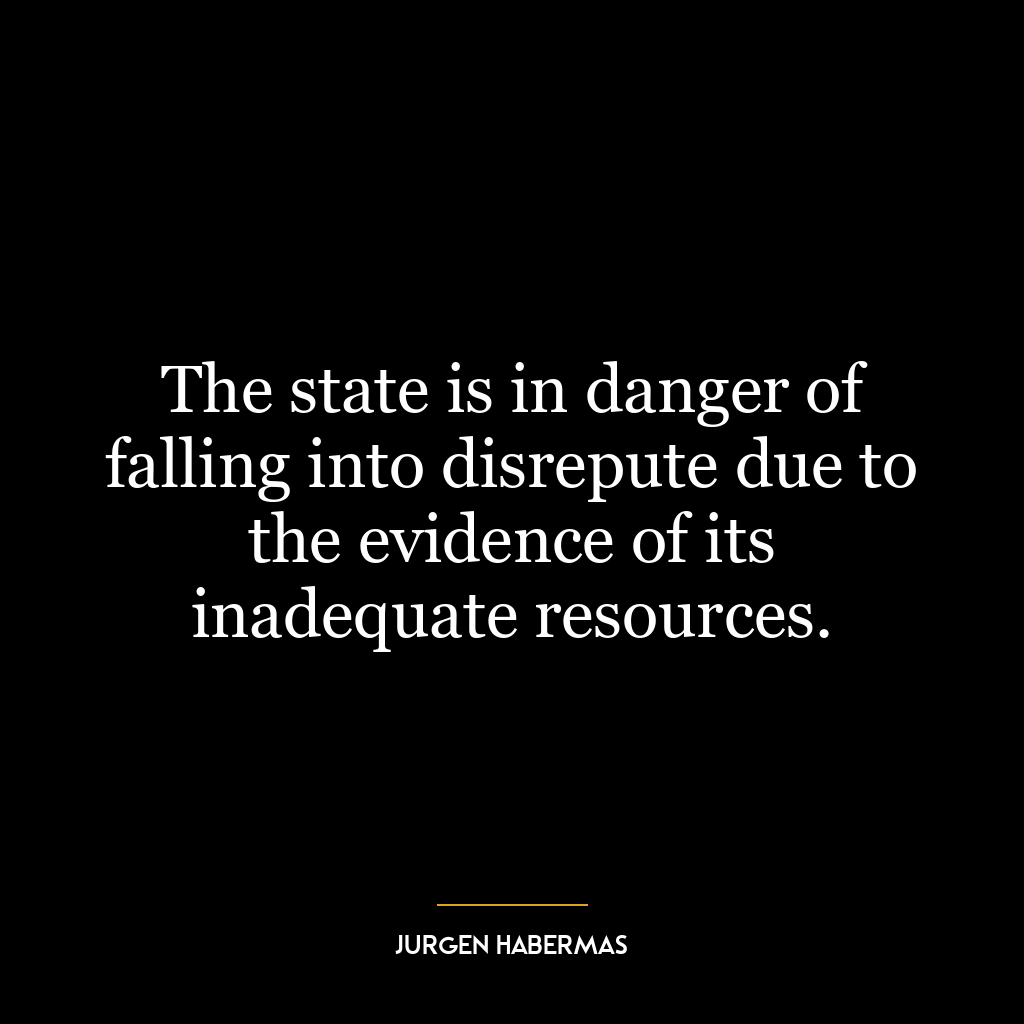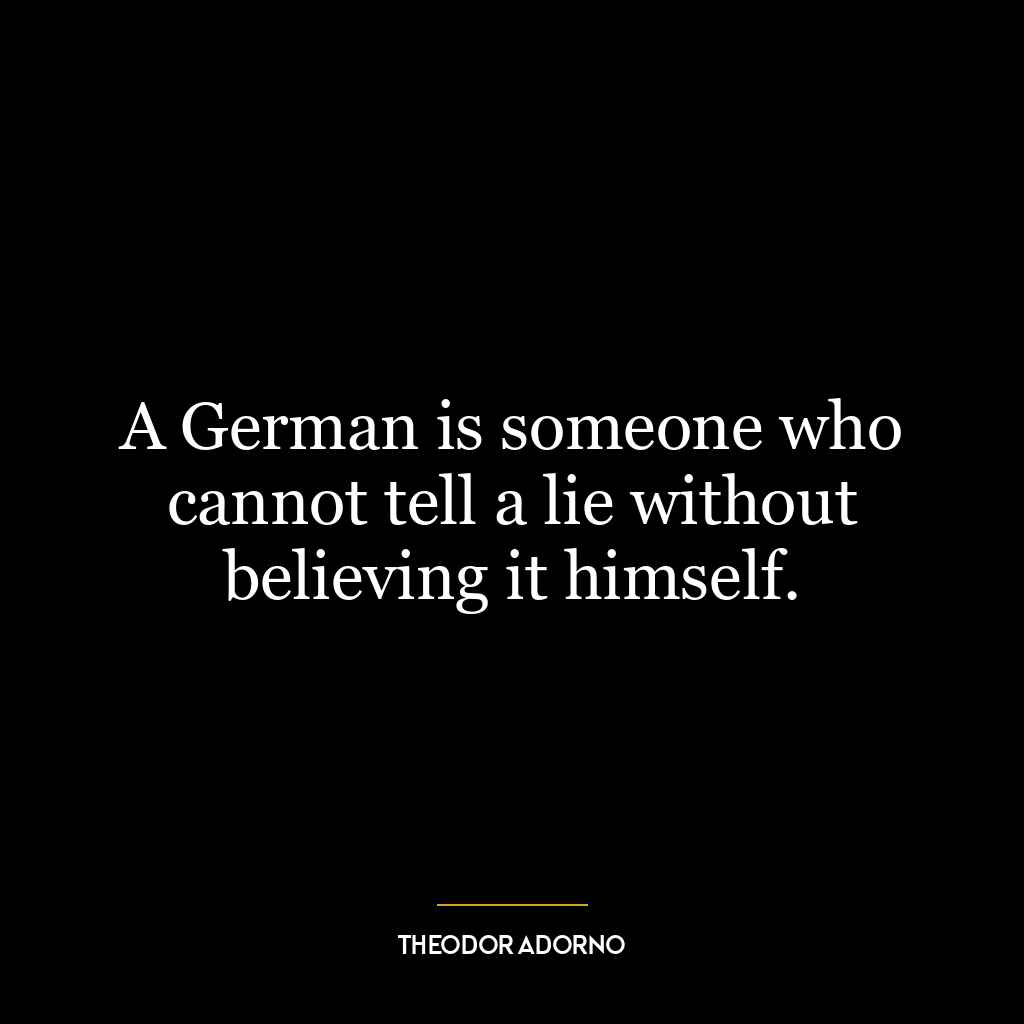Jurgen Habermas Quotes
- Philosopher and sociologist
- Germany
- 1929
Jurgen Habermas is a German philosopher and sociologist who is widely regarded as one of the most influential thinkers of the 20th century. He is best known for his work in the fields of critical theory, social theory, and philosophy of communication. His most notable works include The Structural Tr…Read More
Jurgen Habermas is a German philosopher and sociologist who is widely regarded as one of the most influential thinkers of the 20th century. He is best known for his work in the fields of critical theory, social theory, and philosophy of communication. His most notable works include The Structural Transformation of the Public Sphere (1962), Theory of Communicative Action (1981), and Between Facts and Norms (1996). Habermas has been a major influence in the development of the Frankfurt School of critical theory, and his work has had a significant impact on the fields of sociology, political science, and philosophy.Read Less
Jurgen Habermas is a German philosopher and sociologist who is widely regarded as one of the most influential thinkers of the 20th century. He is best known for his work in the fields of critical theory, social theory, and philosophy of communication. His most notable works include The Structural Transformation of the Public Sphere (1962), Theory of Communicative Action (1981), and Between Facts and Norms (1996). Habermas has been a major influence in the development of the Frankfurt School of critical theory, and his work has had a significant impact on the fields of sociology, political science, and philosophy.
Jurgen Habermas Career Highlights
- Habermas was born on June 18, 1929, in Düsseldorf, Germany. He studied philosophy, history, and economics at the University of Göttingen and later at the University of Bonn.
- In 1956, he received his doctorate in philosophy from the University of Bonn, where he wrote his thesis on the concept of historical materialism.
- From 1956 to 1959, Habermas worked as an assistant to Theodor Adorno at the Institute for Social Research in Frankfurt.
- In 1961, he became a professor of philosophy at the University of Heidelberg and later held positions at the University of Frankfurt and the Max Planck Institute for the Study of Societies.
- In 1983, Habermas was appointed as the director of the Max Planck Institute for the Study of Societies, a position he held until his retirement in 1994.
- He has received numerous honorary degrees and awards, including the prestigious Kyoto Prize in Arts and Philosophy in 2004 and the Prince of Asturias Award for Social Sciences in 2003.
Key Contributions by Jurgen Habermas
- Habermas is best known for his theory of communicative action, which emphasizes the importance of communication and language in shaping society and human behavior.
- He has also made significant contributions to critical theory, a school of thought that seeks to analyze and critique society and culture in order to identify and challenge power structures and inequalities.
- Habermas has written extensively on the concept of the public sphere, arguing that a healthy democracy requires a space for open and rational debate among citizens.
- He has also explored the role of reason and rationality in society, and the potential for individuals to achieve autonomy and self-determination through communicative action.
- In recent years, Habermas has focused on issues of globalization, European integration, and the challenges facing democracy in the modern world.
What Sets Jurgen Habermas Apart
- Habermas’ work is characterized by its interdisciplinary approach, drawing on insights from philosophy, sociology, political science, and communication studies.
- He has been a prolific writer, with over 40 books and hundreds of articles to his name, making him one of the most widely read and cited philosophers of the 20th century.
- Habermas’ ideas have had a significant impact not only in academia but also in political and social movements, particularly in Europe and Latin America.
- He has been praised for his ability to bridge the gap between theory and practice, and for his commitment to promoting democratic ideals and social justice.
Takeaways
- Jurgen Habermas’ work has had a profound influence on a wide range of fields, including philosophy, sociology, political science, and communication studies.
- His theories on communicative action, critical theory, and the public sphere continue to be highly relevant in contemporary debates and discussions.
- Habermas’ interdisciplinary approach and commitment to promoting democratic ideals make him a unique and highly respected figure in the world of academia and beyond.












